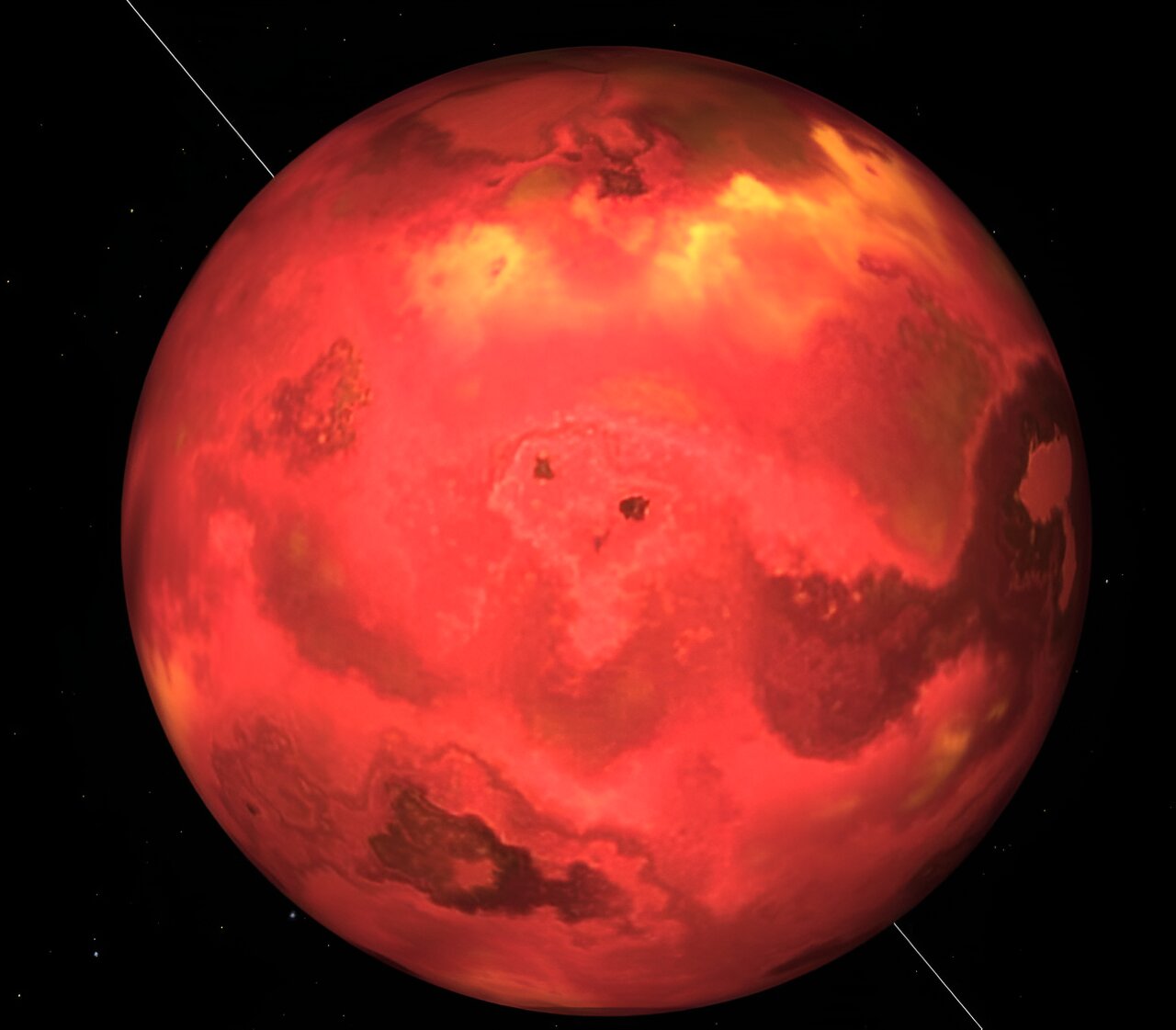Thanks Rod, that's a great quote that I vaguely recall from reading most of his book.
There is no small background story that could be imagined for his statement, especially given the emergence of scientific interests that may have started around 1800. Rev. William Paley's,
Natural Theology, was one of Darwin's favorite books, as well as, a great call for everyone to go out and enjoy discovering stuff. For young Darwin, he excelled in his remarkable beetle collections. [I was more of a Beach Boy fan, myself.

]
Paley applied scientific observations to religious views, arguing that if you stumbled upon a watch lying on the road, you would know it was made by intelligent beings. Likewise, the more complex eye has to have been made by someone even more intelligent (ie God). This is an example of why Darwin took many years to present enough in the way of arguments to present an alternative, at least one where the intelligence was more in the laws themselves that would allow even greater diversity of creation. The large book,
Origins of the Species, was actually his small book. Once he got a letter from Wallace stating the same tenets he held (e.g. natural passive selection) he was highly depressed, but Wallace convinced him to publish, so we got his abbreviated book. [Wallace saw how the more disease-resistant would help advance a variety over another, which would, or could, lead to a new species.] IIRC, they were together in a premiere presentation.
Also, recall that Darwin's plan was to become a parson, and likely would have become one had he not been invited to be company for the captain of the
Beagle. His years of travel on that ship gave him focus on how varieties could progress to become new species. That was the heart of his extensive work, and not about even more challenging questions, which he at times addressed secondhandedly, like abiogenesis.



